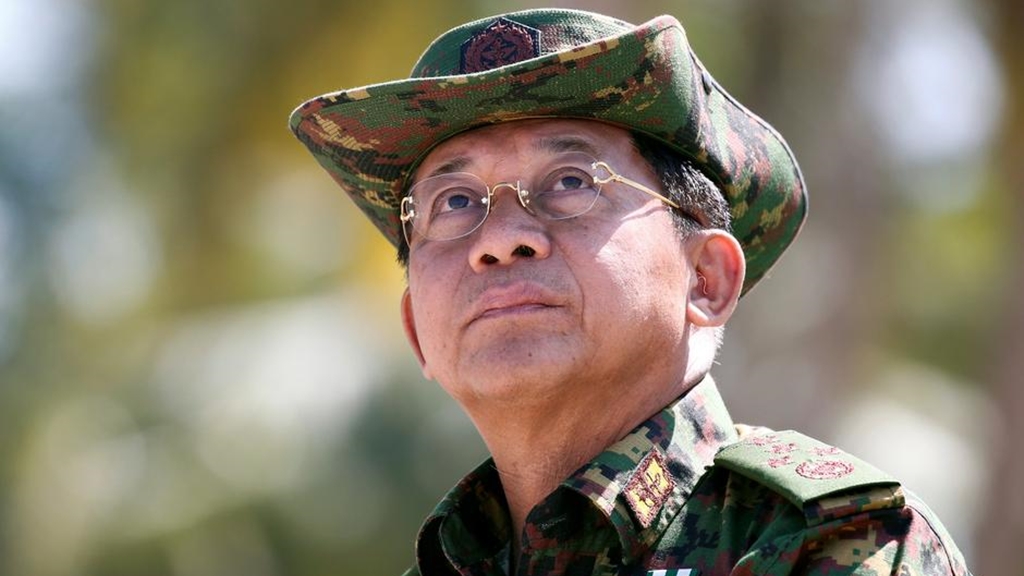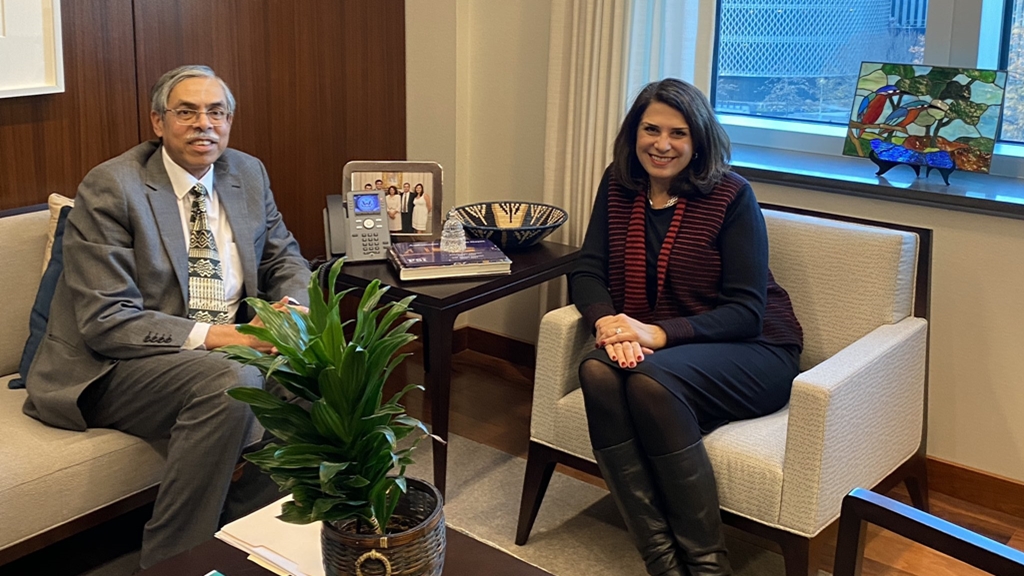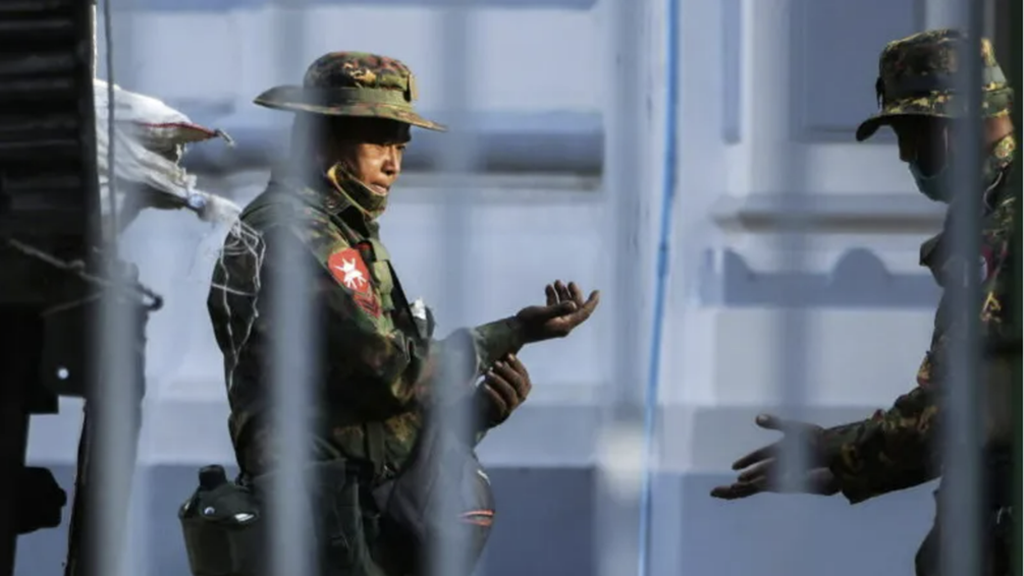
Rohingya genocide: Myanmar’s Facebook records case may be watershed moment
- 17/06/2020
- 0
By Dr. Azeem Ibrahim, Arab News
The lawyers prosecuting Myanmar for the alleged genocide against the Rohingya are once again breaking new legal ground. The International Court of Justice action by the Gambia was unprecedented, and long overdue, when initiated last year. But the received wisdom is that genocide accountability is particularly difficult because the plaintiff has to prove genocidal intent. And proving intent is taken to be one of the hardest standards to clear in legal proceedings.
But in a logical, if unprecedented, move, the Gambian legal team, led by the formidable Justice Minister Abubacarr Tambadou, have asked a US court to force Facebook to hand over the data they have relating to the leading Myanmar army officials who ordered the “clearance operations” against the Rohingya, chief among them Gen. Min Aung Hlaing, the commander-in-chief of Myanmar’s armed forces.
If there is anywhere the prosecution might find records of the thinking that went into the actions by the Myanmar military before and during the operations against the Rohingya, Facebook is going to be the place. In 2017, I wrote about the ways in which Facebook was the principal medium through which anti-Rohingya hatred and propaganda was being stoked up for years, leading to the “clearing operations.” And, while at that time I was referring mainly to the crazed rants of extremist nationalists and Buddhist fundamentalists from Myanmar’s civil society, many senior officials, including the military leadership of the country, also weighed in on the issue on Facebook.
Without wanting to pre-judge the proceedings, those statements by leading government and military officials were never to condemn the worst excesses of hate-baiting against the Rohingya, but instead had the general intent and purpose of moderating and rationalizing antagonism toward the minority group. On those grounds alone, it may be possible to make inferences about intent. But perhaps a bigger prize is possible: It would be of genuine public interest to see what the communications between leading military officials looked like at the time, and to what extent their hostility to the Rohingya might have been expressed in genocidal language in private.
In either case, we cannot know for sure how the architects of the atrocities against the Rohingya thought about the situation until these records are made available. There may be other, more truthful and accurate records in the archives of the Myanmar government, but obviously the team for the prosecution will not be given access to those. Any records that Facebook might have are going to be as close to the truth as we can hope to get.
We cannot know for sure how the architects of the atrocities against the Rohingya thought about the situation until these records are made available.
Dr. Azeem Ibrahim
If the US court does grant this request, however, it would mark a watershed moment for the way genocides are investigated in international law. Intent will suddenly become a much easier hurdle to clear, and we can expect that many more mass murderers will be brought to justice in the future. Even if people engineering such offences against human rights wise up and stop doing their plotting on Facebook, the precedent set here will be much broader. Basically any electronic communications through the services of American companies — which make up the bulk of such communications globally — could come under legal access via US courts, and organizing genocides in secret will suddenly become much less practical.
What remains to be seen is what the US court makes of the request. And, given its disastrous decisions and behavior in the past, it will be equally interesting to see how hard Facebook will fight to protect the data privacy of people accused before a top international court of organizing a genocide via the platform. Perhaps Facebook feels that it would damage its business to just hand over the data voluntarily, but will it actually fight or appeal the request?
- Dr. Azeem Ibrahim is a Research Professor at the Strategic Studies Institute US Army War College and a Director at the Center for Global Policy in Washington D.C. Twitter: @AzeemIbrahim







